JOHN FREDERICK HERSCHEL
John Frederick Herschel 1792-1871
John Herschel was the only child of William Herschel and Mary Badlwin Pitt, was born in Slough, March 7, 1792. He received an excellent education and leads a bourgeois life. John works in several scientific disciplines. Famous in scientific circles, we do appreciate, however, at fair value, after his death where you will find that the contributions of John Herschel in astronomy in the southern hemisphere are consistent with those of his father for the Northern Hemisphere.
At the age of 17, John joined the St. John's College, where he devours books mathematics.
Aided by three friends, he founded the Analytical Society, and wanting to popularize the analytical methods used in Europe. To this end, they translate the Treaty of calculus and integral calculus, Lacroix.
In 1813, following five publications on mathematics, he became a member of the Royal Society.
In 1816, he obtained an MA from Cambridge and finally leaves the institution. He began his scientific career by following a series of lectures where he helped his father, aged 78. It longs to see his work continued and it relies heavily on his son who comes to astronomy probably filial devotion. John's interests are diverse, polarization, birefringence, interference of light and sound waves and spectral analysis. During the first half of 1820, he made several trips to Europe.
In 1821 he visited France, Switzerland, Italy, in 1824 he returned to France and Italy, and he stayed in Germany. The meeting with several scientists led him to make some experiments in physics, geology and meteorology. He continued his father's work on double stars. Assisted by J. South, he published in 1824, a catalog of 380 double stars. He is active in the Royal Society, British Association for the Advancement of Science and the Astronomical Society.
In 1816 he manages six catalogs of 3346 star systems, nebulae, clusters, double stars, and wrote several scientific articles for encyclopedias.
At 40, he was already famous, having accumulated all possible distinctions in his field.
One of his friends that he wants to marry him and even finds a wife, Margaret Brodie Stewart, daughter of Alexander Stewart. Herschel is 18 years her senior, but he is seduced by his looks great, its charm and strong character. They have 12 children.
On November 13, 1833, Herschel, his wife, three children, a nurse and an architect leaving for an expedition Astronomical Cape of Good Hope.
In 1838, assisted by Thomas Maclean, it accumulates data on 1707 2102 nebulae and double stars.
It produces a celestial atlas of 3000 cards in which there are 68 948 stars. In addition to astronomy, he is concerned about botany and photography. His treatise on epistemology "A preliminary discourse on the study of natural philosophy" in 1831, inspired Charles Darwin, he meets by chance in South Africa.
It changes the education system in the Cape Colony. He returned to England May 15, 1838.
His subsequent publications dealing with iron meteorites, variable stars and even the structure of the eye of the shark. He is interested in the chemistry of photography and he made a first glass plate photograph in 1839.
He is the terms "positive" and "negative".
Sir John Frederick William Herschel died May 11, 1871, as his father, Sir William Herschel, was a scientist and a British astronomer, famous.
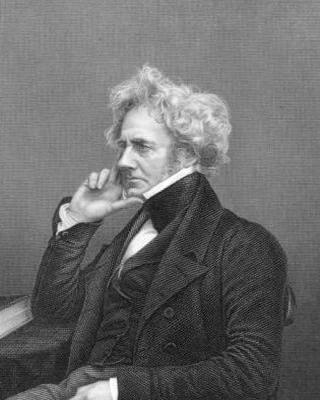
Image: Sir John Frederick William Herschel, in astronomy, he discovered thousands of double stars, star clusters and nebulae. He also invented the astronomical instruments.
Articles on the same theme
1997 © Astronoo.com − Astronomy, Astrophysics, Evolution and Ecology.
"The data available on this site may be used provided that the source is duly acknowledged."
How Google uses data
Legal mentions
English Sitemap − Full Sitemap
Contact the author
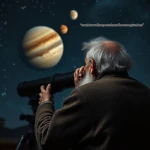 The Secrets Exchanged by Galileo and Kepler Were Coded
The Secrets Exchanged by Galileo and Kepler Were Coded
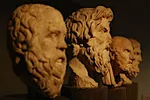 Influential Greek Thinkers
Influential Greek Thinkers
 What do we know about Pythagoras (≈570-495 av. J.-C)?
What do we know about Pythagoras (≈570-495 av. J.-C)?
 The philosophical characteristics of Aristotle (384 - 322 BC)
The philosophical characteristics of Aristotle (384 - 322 BC)
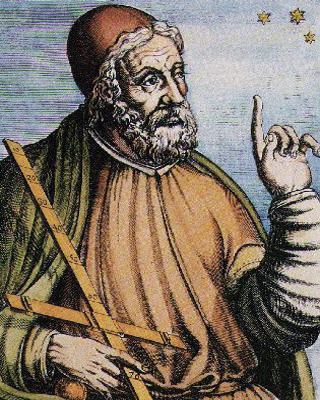 The world of Ptolemy (90-168)
The world of Ptolemy (90-168)
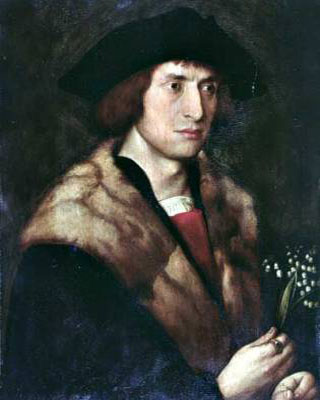 The theory of Copernicus (1473-1543), heliocentrism
The theory of Copernicus (1473-1543), heliocentrism
 Galileo (1564-1642) and the moons of Jupiter
Galileo (1564-1642) and the moons of Jupiter
 Kepler (1571-1630), planets follow ellipses
Kepler (1571-1630), planets follow ellipses
 Newton (1643-1727) and gravity
Newton (1643-1727) and gravity
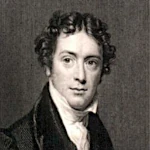 Michael Faraday, Self-Taught Genius: The Origins of Electrodynamics
Michael Faraday, Self-Taught Genius: The Origins of Electrodynamics
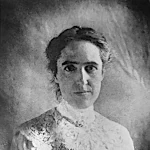 Henrietta Swan Leavitt (1868-1921), A Pioneer in Astronomy
Henrietta Swan Leavitt (1868-1921), A Pioneer in Astronomy
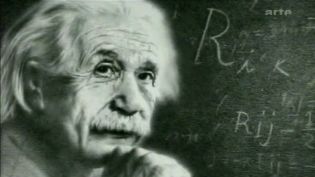 Einstein (1879-1955) and the concept of time
Einstein (1879-1955) and the concept of time
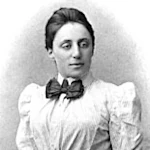 Amalie Emmy Noether (1882-1935), the Mathematician Who Revolutionized Algebra
Amalie Emmy Noether (1882-1935), the Mathematician Who Revolutionized Algebra
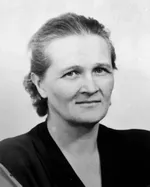 Cecilia Payne (1900-1979), the Scientist Who Revealed the Composition of Stars
Cecilia Payne (1900-1979), the Scientist Who Revealed the Composition of Stars
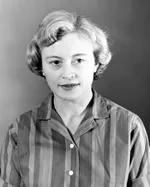 Margaret Burbidge (1919-2020): An Exceptional Journey in Astrophysics
Margaret Burbidge (1919-2020): An Exceptional Journey in Astrophysics
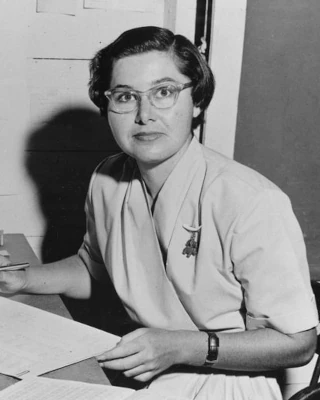 Vera Rubin (1928-2016), Revealer of the Invisible, Pioneer of Dark Matter
Vera Rubin (1928-2016), Revealer of the Invisible, Pioneer of Dark Matter
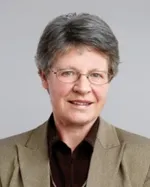 Jocelyn Bell Burnell (1943-), the Scientist Who Discovered Pulsars
Jocelyn Bell Burnell (1943-), the Scientist Who Discovered Pulsars
 Quotes about Science
Quotes about Science
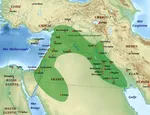 Babylonian Astronomy and Astrology: History and Contributions
Babylonian Astronomy and Astrology: History and Contributions
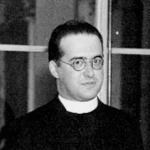 Georges Lemaître: The Primeval Atom at the Origin of the Cosmos
Georges Lemaître: The Primeval Atom at the Origin of the Cosmos